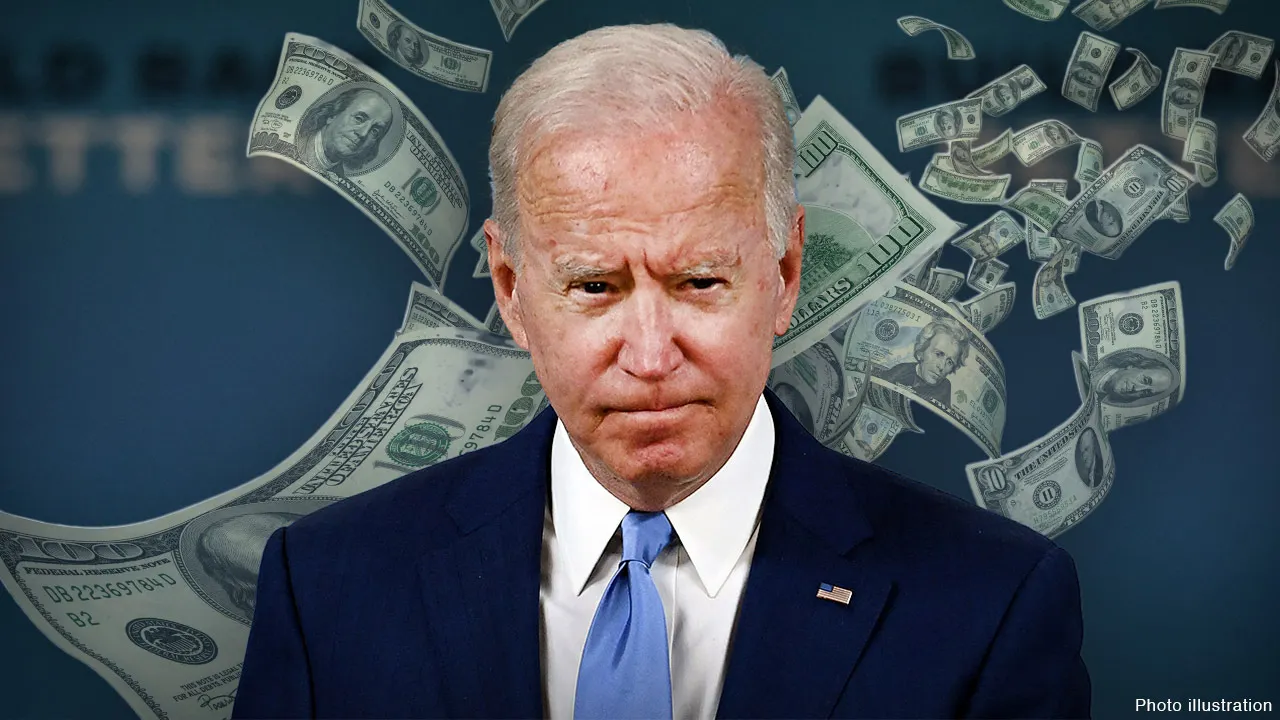US Imposes AI Investment Restrictions for National Security
The US government has introduced stricter AI investment restrictions to prevent foreign influence in critical AI sectors. The new regulations aim to protect national security, enhance compliance measures, and promote domestic AI innovation. These changes will impact AI startups, investors, and international partnerships.
The US tightens AI investment regulations to curb foreign influence and strengthen national security
The United States has imposed new AI investment restrictions aimed at limiting foreign influence, enhancing national security, and boosting domestic AI innovation. The policy change follows growing concerns about foreign investments—particularly from China and other rival nations—in critical AI sectors.
According to US officials, these measures align with the Biden administration’s broader strategy to maintain the country’s technological leadership while preventing sensitive AI technologies from being exploited by foreign adversaries.
Key Aspects of the New AI Investment Laws
1. Stricter Foreign Investment Regulations
The
Committee on Foreign Investment in the United States (CFIUS) has increased scrutiny over
foreign investments in AI-related companies. New restrictions will:
- Limit foreign ownership of AI firms working on sensitive technologies.
- Mandate disclosure of foreign funding sources for AI startups.
- Prioritize US-based investors in AI funding rounds.
2. Expansion of Government AI Funding
To counter foreign investment limitations, the
US government is increasing AI research and development (R&D) funding. Agencies such as the
National Science Foundation (NSF) and
Department of Defense (DoD) will allocate billions to AI innovation.
3. AI Ethics and Compliance Mandates
The new laws also introduce
ethical AI regulations to ensure responsible AI development. Companies seeking funding must:
- Implement AI transparency measures to prevent bias.
- Comply with privacy and security guidelines for AI data usage.
- Meet ethical AI standards to qualify for federal investments.
4. Export Controls on Advanced AI Technologies
The
US government has also tightened
export restrictions on AI technologies to prevent unauthorized access by foreign competitors. This includes:
- Stricter licensing for AI chips and machine learning models.
- Limitations on AI collaborations with foreign institutions.
- New compliance requirements for AI software exports.
5. AI Investments in Critical Sectors Under Oversight
Regulations now impose stricter rules for AI applications in
finance, healthcare, defense, and cybersecurity. These sectors will:
- Require higher security clearances for AI-driven tools.
- Face increased government scrutiny for AI use in national defense.
- Implement data protection laws for AI-powered healthcare solutions.
Impact on AI Investors and Startups
For AI Investors:
- Focus on domestic AI startups to avoid regulatory hurdles.
- Align investments with government-backed AI projects.
- Monitor policy changes to stay compliant with new regulations.
For AI Startups & Tech Firms:
- Secure funding from US-based investors to avoid foreign investment barriers.
- Implement AI transparency and ethics measures to meet compliance requirements.
- Build AI research partnerships with US government agencies and allied nations.


















